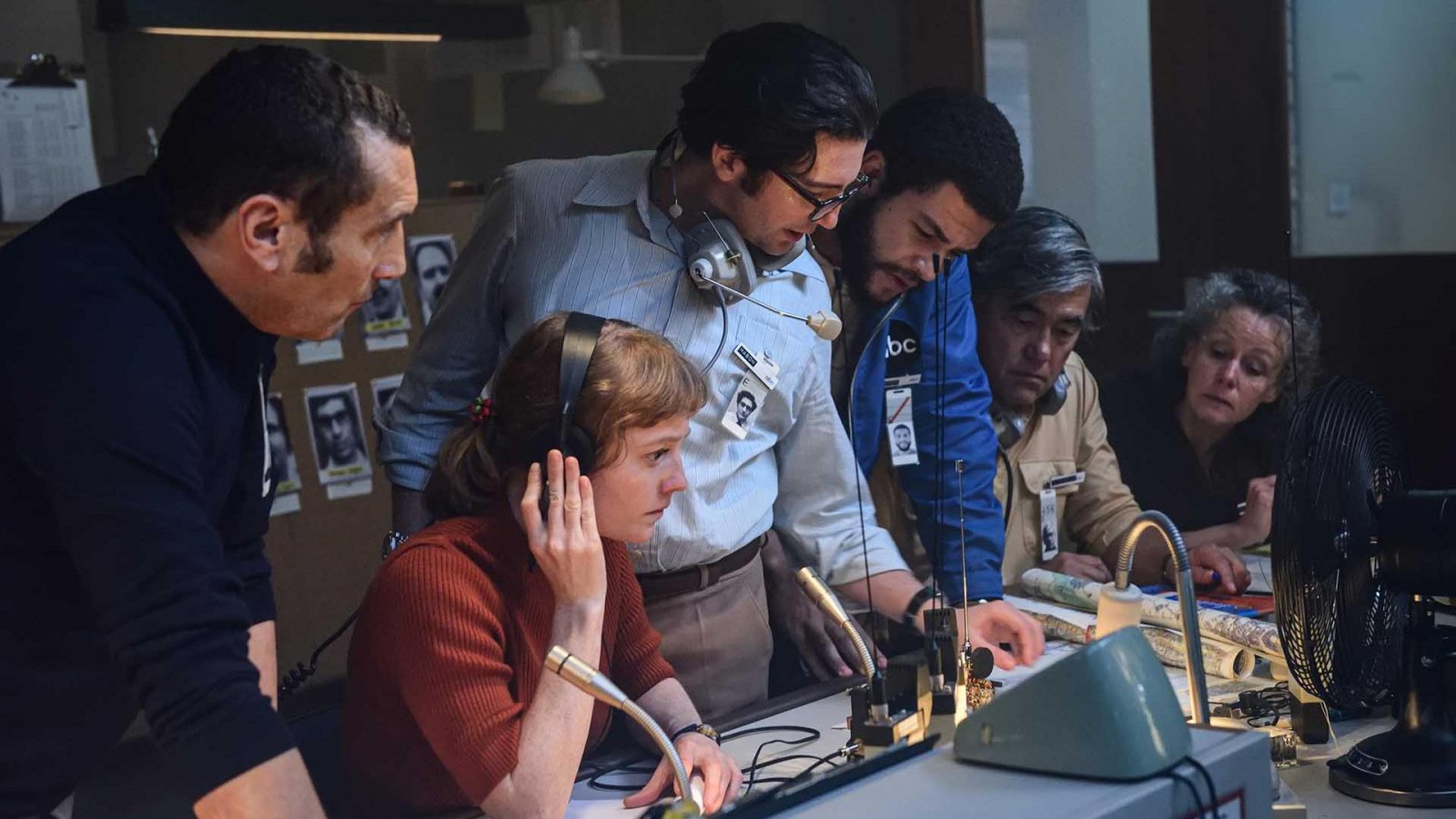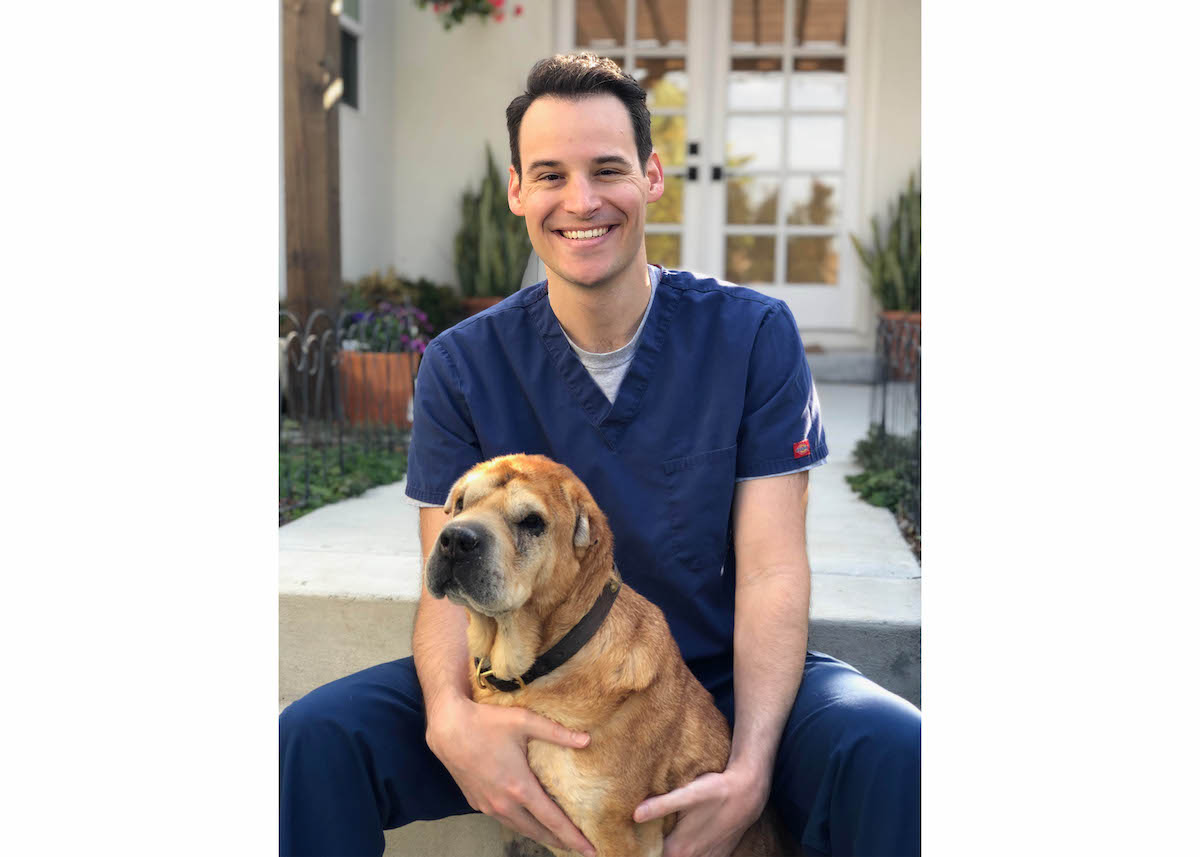
FILM/ REVIEW
SEPTEMBER 5
Rated R
95 Minutes
Limited Release December 13th, Wide Release January 17th
This film is a documentary-style look at an ABC team of sports broadcasters sent to Munich to cover Olympic athletes and sports events, who instead recorded one of the most tragic events in modern history, the Israeli hostage incident at the 1972 Munich Olympics. The story is told honestly from the point of view of these broadcasters, who are threading a never-before situation for which they had no experience or training. The set is extremely realistic, with every detail true to that era of television.
Director Tim Fehlbaum grew up in Switzerland and studied film directing in Munich. He recalls that he and his classmates shot the film in and around the same building where the Israeli athletes at the 1972 Games were housed and taken hostage. The experience left in his mind a wish to one day film a movie of that horrific kidnapping. He says that in Munich, the memory of the incident is still very present. He did as much research as he could to make sure he told the story truthfully. He and his crew were given access to the original tapes, and he could see the importance of the role the media played as the event transpired.
Famed journalist, media personality, and renowned film critic Rex Reed, now 86, says, “I can tell you everything in this fantastic movie seems totally accurate and looks exactly the same as it did on September 5, 1972. I should know. I was there.” He was returning home from the 1972 Venice Film Festival and was invited by producer David Wolper to join him at the Olympics to witness the coverage.
Then all the chaos of the kidnapping suddenly took over. There was really a rivalry going on between the ABC News and Sports divisions on who would call the shots. Reed notes, “Tim Fehlbaum does a masterful job of hopping from one highlight to the next, capturing the essence of what I saw in person.” He said that at the time he couldn’t believe that what he was witnessing was real and that it has been recorded in meticulous detail in this film.
The ensemble led by John Magaro, Peter Sarsgaard, Ben Chaplin, Leonie Benesch, and Jacques Lesgards, does a remarkable job of creating an air of realism as if events are unfolding before our eyes. You don’t feel that they are acting – rather that they are experiencing. Benesch stands out as the German translator. She is one of the most interesting characters, and the most proactive thinker on the staff in the broadcast room. She has to endure dehumanizing comments from her male counterparts, and finally, she puts them in their place more than once.
It’s unnerving that few are still alive who lived through the rise of Nazism. Will we remember? Last week I attended a conference on Anti-Semitism, along with hundreds of dignitaries from all over the USA, North America, and Europe. Anti-Semitism is just one form of prejudice that continues to exist today, and the many stories I heard made me realize that we have changed very little regarding prejudice. This movie leads you to question the nature of the perpetrators – whether or not the human race has evolved, and whether we learn from our atrocities. It also raises questions about where the lines should be drawn for journalistic integrity.
Something that Rex Reed reported haunts me. He said that in the original tapes of the Israeli hostage athletes at the airport, before they were murdered, in shocking irony they were driven in buses past airport direction signs that read “This Way to Dachau.” Let us all hope that history does not repeat itself over and over. Let us hope that we have a better spring of hope for human dignity to tap into and that we all, every one of us, make the effort to find it.
Kathryn Whitney Boole has spent most of her life in the entertainment industry, which has been the backdrop for remarkable adventures with extraordinary people. She is a Talent Manager with Studio Talent Group in Santa Monica. kboole@gmail.com













